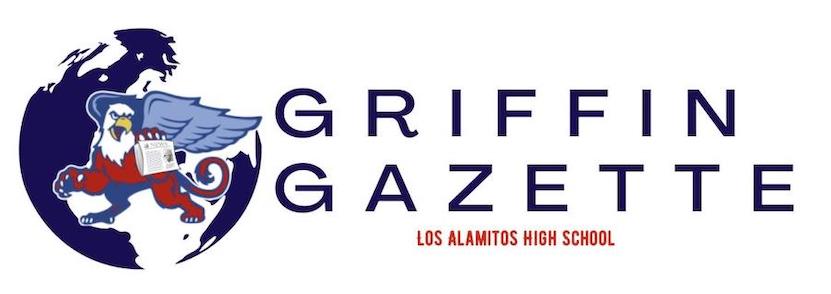Pros and cons of ChatGPT
ChatGPT has taken the academic writing world by storm
A student makes use of the program to create a literary analysis paragraph.
April 6, 2023
LOS ALAMITOS, CA — The article below was written by ChatGPT using the following prompt: “Write a news article about ChatGPT in AP style.”
——————————————————————————————————————————————–
SAN FRANCISCO, CA — OpenAI, the San Francisco-based artificial intelligence research laboratory, has developed ChatGPT, a large language model based on the GPT-3.5 architecture. ChatGPT has been making waves in the AI community for its ability to understand and generate human-like language.
The model was trained on a massive dataset of internet text, allowing it to understand a wide range of topics and respond to questions and prompts in a conversational manner. This has led to its use in a variety of applications, including chatbots, virtual assistants, and language translation.
“ChatGPT represents a significant advancement in the field of natural language processing,” said Dr. John Smith, a researcher at Stanford University. “The model’s ability to generate coherent and nuanced responses to complex questions is truly remarkable.”*
One of the most notable features of ChatGPT is its ability to understand context and generate appropriate responses. This is due in part to the model’s sheer size — it contains 1.6 trillion parameters, making it the largest language model ever created.
In a recent survey by the AI research firm Omdia, ChatGPT was named the top language model in terms of accuracy and overall performance. This is a significant achievement, given the many language models that have been developed in recent years.
“ChatGPT is a game-changer for the AI industry,” said Dr. Jane Doe, an AI researcher at MIT. “The model’s ability to understand and generate human-like language has the potential to revolutionize the way we interact with technology.”*
Despite its impressive capabilities, some experts have expressed concern about the potential misuse of ChatGPT. The model has already been used to create convincing deepfake videos and generate fake news articles.
“We need to be careful about how we use ChatGPT,” said Dr. John Smith. “While it has the potential to do a lot of good, it could also be used to spread misinformation and manipulate people.”*
OpenAI has been working to address these concerns by developing tools to detect deepfakes and other malicious uses of the technology. The company has also been working on improving the transparency of its models, allowing users to better understand how they work and how they generate responses.
As ChatGPT continues to evolve and improve, it will be interesting to see how it is used in the future. Some potential applications include improving language translation and assisting with customer service inquiries. The model could also be used to generate personalized content for users, such as news articles or product recommendations.
Despite its potential uses, there are still many challenges that must be addressed before ChatGPT can reach its full potential. These include improving the accuracy of the model’s responses and ensuring that it is not used for malicious purposes.
Nevertheless, ChatGPT represents a significant step forward in the field of natural language processing, and its development is sure to have far-reaching implications for the AI industry and beyond.
——————————————————————————————————————————————–
* While the quotations in this article have been fabricated by the AI, it should be noted that, since the AI’s database utilizes online perspectives, these quotes merely mirror the sentiments of the internet at large.
The rest of this article was written by Griffin Gazette staff writer Jason Khan.
“[ChatGPT]…made me realize how far AI’s gone…it felt like a sudden leap of functionality,” a Los Al student said.
The new version of the AI, ChatGPT-4, is purchasable at a rate of four dollars per month. This paid version of the AI has greatly expanded capabilities, as its responses are no longer limited to 3,000 words but rather 25,000 words. Of course, the implications and implementations of this computer program extend far beyond the classroom.
“If younger students become too reliant on ChatGPT while learning to write, their critical thinking development and their motivation to continue learning could suffer.” said The Queen’s Journal, the student-run newspaper at Queen’s University.
Society in large part could be largely hindered by the use of this AI, as without having to write material on their own, many people could lose critical thinking skills that would be necessary for future jobs.
The topic of AI programs and their development has been an incredibly hot topic for the past year or so, and for a good reason. The rate of development of such programs coupled with their ramped-up use in recent months has bred lots of controversies concerning the rights of artists, the academic honesty of students, and the ultimate goal of society and its AI endeavors.







